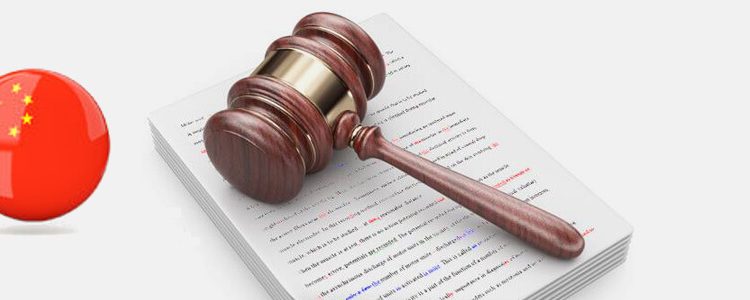Crackdown on Fake Chinese Clinical Trials

A year-long review conducted by China’s State Food and Drug Administration (CFDA), has found that 80% of the data in 1,622 clinical trials were either incomplete, untraceable, or altogether missing. The CFDA found a wide-scale breakdown in the system that was meant to ensure if clinical trials are being conducted properly. This statistic about the fraud in clinical trials was traced to systematic corruption involving clinical trial officials, pharmaceutical companies, and medical personnel.
While this might seem shocking, those involved in China’s drug discovery industry are not surprised. An Economic Information Daily report states that the results of the clinical trials are often written before any medical research is conducted. The drugs being tested are often combinations of drugs already available on the market. The CFDA released its report in September and indicated that it would address the issue of medical research being handled in this alarming manner.
True to form, new measures have been proposed to change the way pharmaceutical companies, and others, go about conducting clinical trials. If an entity involved in health care submits a clinical trial with fake data, the CFDA will not accept any more new drug applications from that entity for any drugs in that same category for three years. The CFDA will also not accept any new drug applications from that entity in any category for a full year. If an organization that conducts clinical trials submits fraudulent data to support drug discovery, that organization will be banned from starting new trials or enrolling patients in ongoing clinical trials. Any new drug applications based on data coming from such an organization will also be rejected. These restrictions will only be lifted once the necessary changes have been made and the organization passes a third-party inspection. If the site of the medical research fails to pass inspection or if it has been found to be faking data in three or more clinical trials, the CFDA will revoke its certificate and suspend any new drug applications it was involved with.
China’s Supreme Court has also increased pressure on pharmaceutical companies to discourage fabrication of data as part of their medical research. Those who register drugs using fake clinical trials data could spend up to three years in prison and pay fines imposed by the courts. If the fake drug discovery data result in serious public health consequences, offenders may receive the death penalty. The new measures will not affect those who submit false data out of negligence.
The extent of the problem with the drug discovery process was revealed when the CFDA asked companies to re-evaluate their clinical trial data in pending drug discovery applications. If CFDA employees found violations, then it would prevent companies from submitting other drugs for approval. More than 80% of the applications were voluntarily withdrawn and 25% of the remainder were rejected by the CFDA. The CFDA and the Chinese Supreme Court have responded with new regulations to discourage fake clinical trial data and this should improve health care in China.









